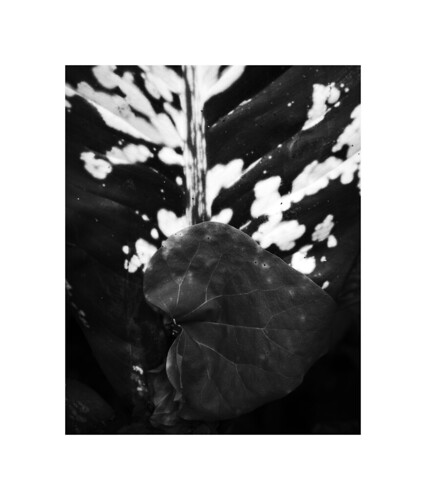Taking my time and looking more deeply at photographs (see part 1, part 2, and parts 3.[1, 2, 3]) I've come to re-realize, re-appreciate the value of study, observation, and experience.
When it comes to study I used to live in a culture where people would often say things like study is for school children. Only nerds do that. Besides, it's boring. Observation is for astronomers and bird watchers. Experience is what we get from watching Disney movies where we learn important life lessons and are left with a feel good positive uplifting ending after an hour and a half.
Certainly not all of US culture is like that. Some of the best philosophers, scientists, and thinkers come from there. Though you'd never know it from what passes as public conversation. You seldom hear anything accurate or correct about these kinds of people if you hear anything about them at all.
I experience this when I compare the content of media content in the US to, say, something like LCI here in France. Even if you don't understand French a person can hear the tone of the presentation and know it's not stressed and pressed and out of breath in its delivery. It's calm, centered, and well-reasoned. It's not a passionate plea for attention. It's a sharing of knowledge and information. For me LCI is like returning to the days of Walter Cronkite in the US.
Photography can be like that in the US, too. Looking at social media feeds what do we see? Billions and billions of selfies. It seems like it's feeding a never ending insatiable narcissistic need. I find the vast majority of images to be badly composed, badly lit, badly processed and completely banal.
Have none of the contributors to the World of Narcissism ever studied (!!!) how to make a good portrait? Have they never looked at art history to observe the eye level of the viewer in relation to the subject and what it "means"? Do people not understand the human psyche and how we interpret these kinds of things?
If you want to make a person look good, intelligent, beautiful or strong, you place the point of view lower than the subjects eye level. Sure, this is classic art, but it's classic for a reason. If your point of view is higher than the subjects eye level the subject will feel subservient, weak, vicitimized, and incapable. Standing over someone implies very different things than looking up to someone. Our reactions are built into us.
To understand this and to apply a decent solution might require education, study, observation, and experience. Perhaps this is why so much of what passes for photography these days feels to me to be so damned insipid and banal. People refuse to help themselves to freely, widely available knowledge.
It was something of a surprise, then, when I stumbled across a video about a NY-based street photographer. His name is Reuben Radding. Listening to him helped me realize there are some rather deep thinkers on the subject of photography in the US. The first 10 minutes or so of the above linked video was like the heavens had parted and a seriously strong light had cast through. It's inspiring to me to see what this guy does and how he's reacted to various cultural and societal challenges of photographic interpretation and experience.
There are similar voices of knowledge and understanding in all aspects of image making. There are people like Reuben Radding in the fields of portraiture, still life, landscape, nude, and sports photography. Depending on ones temperament and thirst for understanding, these photographers can be well worth seeking out and listening to.
I've found it helps me understand what I do photographically and why.

No comments:
Post a Comment